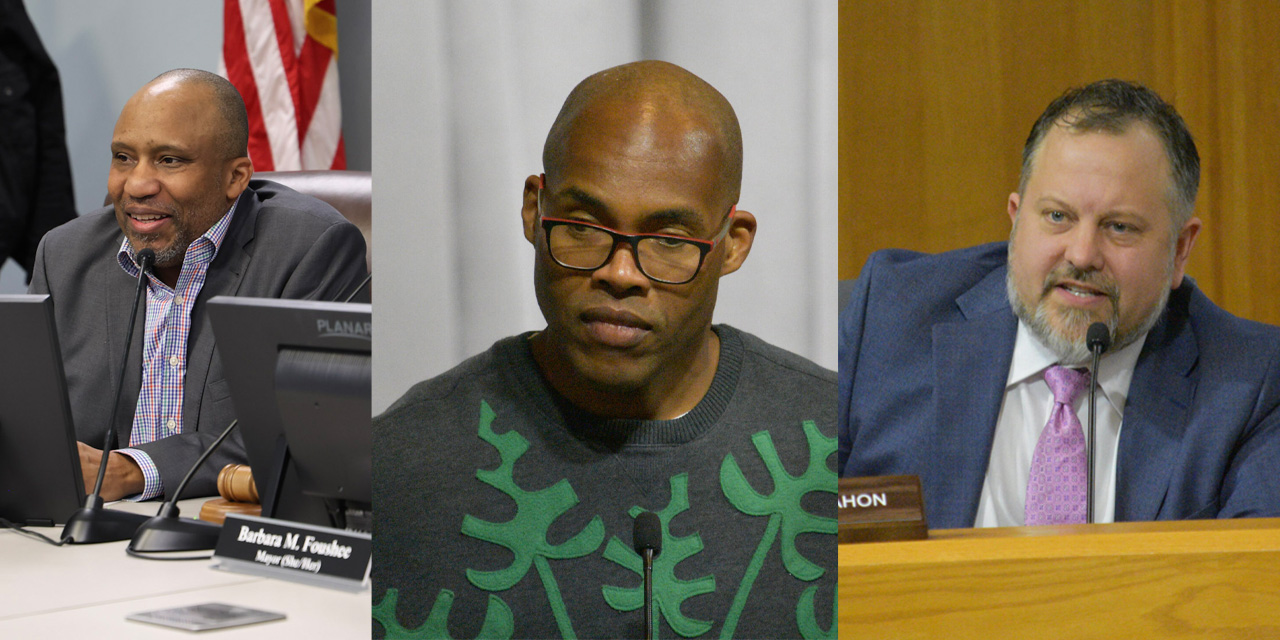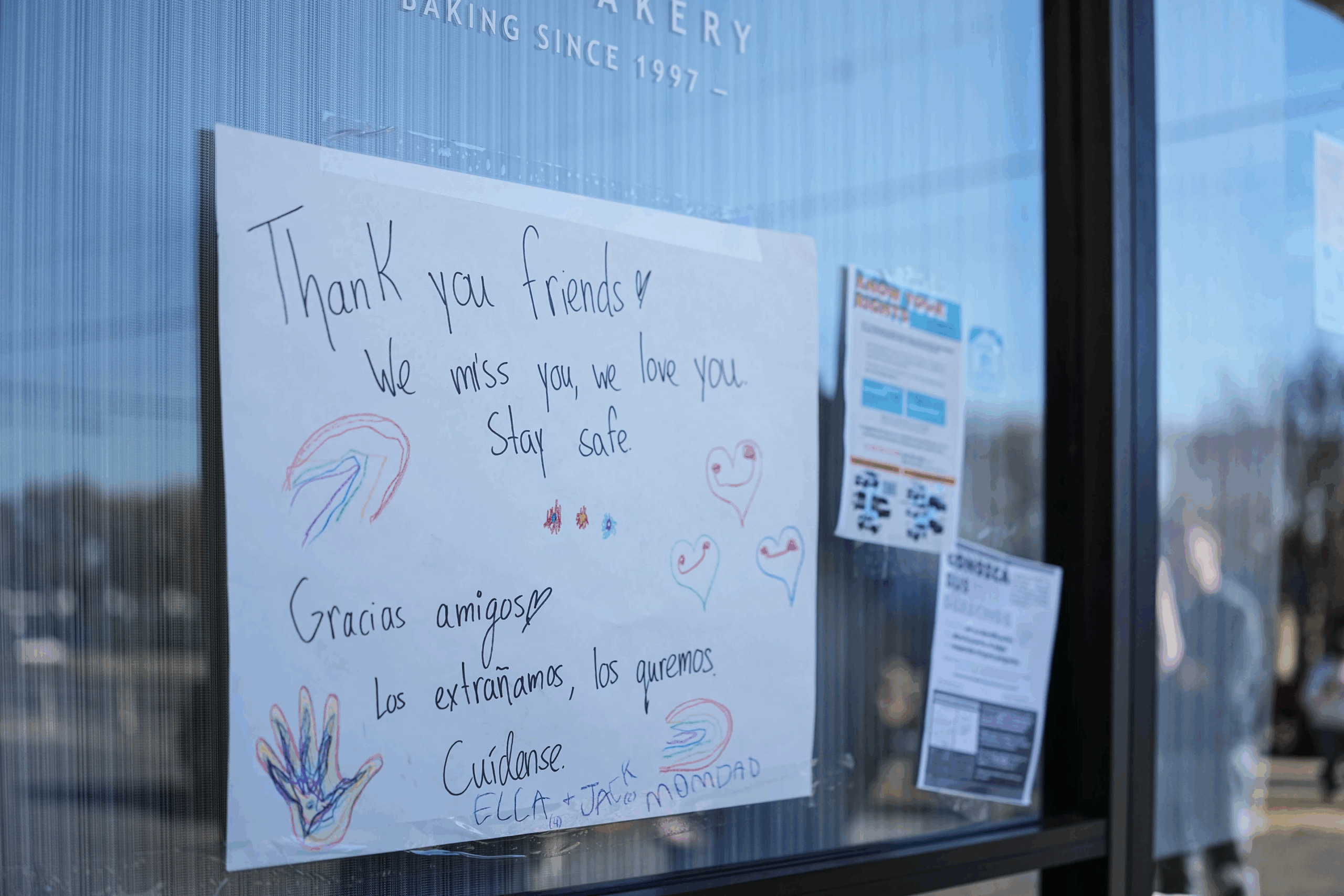Alcohol and college towns are two things that often go hand-in-hand. But one local group is looking to make sure that high-risk drinking, or drinking that causes ill effects to someone’s health or safety, is a thing of the past.
Elinor Landess is the director of the Chapel Hill Campus and Community Coalition to Reduce the Negative Impacts of High-Risk Drinking. She said it’s important that as many community members are involved as possible.
“We’re talking about alcohol, but what we’re really talking about is a public health problem that affects many different parts of our community,” she said. “And that our community has come together to solve that problem.”
The Coalition held a presentation at the Chapel Hill Town Council public hearing Monday. Landess said she was hired to make sure that the initiative is a community-wide effort.
“It’s my job to make sure this effort isn’t just one more task force report that sits on someone’s desk for awhile, or a committee that fizzles out,” she said. “It’s my job to intentionally bring folks together to convene and have intentional conversation about moving these recommendations forward.”
She said it’s important for the Coalition to stress that high-risk drinking is an issue of public health.
“When you see a sick fish in a river you have two options: first is you treat the sick fish, second is you look in the river to see what is making the fish sick,” Landess said. “In our analogy, we are looking upstream of the problem to figure out what it is in the environment and address the environment in which these decisions are being made.”
She said the town, university and county have come together to help fund the efforts of the Coalition and have helped with projects like starting a best practices program for restaurants and a social norms campaign on campus.
Landess said the community has also helped with late night party patrols, an extension of the Good Neighbor Initiative. Members go out at night at high-risk events and stop students to remind them to be mindful of others in local neighborhoods.
“By providing that funding to move this effort forward, the town, the university and the county are committed to creating sustainable change in the community,” she said. “So, thank you for that support.”
But Town Council Member Maria Palmer said she’s worried that focusing on the impact of high-risk drinking won’t solve the root of the problem. She said the Coalition reminded her of when the P2P late night bus was added to campus, to help students get home if they were uncomfortable on foot at night.
“Wouldn’t it be better to make sure that their students are not going to get so drunk that they’re going to get raped on the way back to the dorm?” Palmer asked. “So it just seems like if I were a parent of a college student, a campus that’s trying to reduce the negative impact rather than trying to reduce the problem of high-risk drinking… it seems like you’re going about… you know.”
Landess said by employing the different strategies the Coalition has studied and built, it has the ability to reduce the effects of high-risk drinking. And it could have the potential to stop it altogether.
“The evidence does tell us that the most effective thing to focus on is reducing those negative impacts,” she said. “And by doing so, we will also be reducing the amount of high-risk drinking. So, it’s sort of a both/and are happening at the same time.”
Related Stories
‹
![]()
County Health Department Promotes Local InitiativesThe Orange County Health Department will continue with initiatives to address public health concerns while taking an active role in local communities. The department released an annual report on data trends and patient satisfaction last Thursday, which prompted director Colleen Bridger to promote those initiatives. “What the health department has done exceptionally well over the last couple […]

Increased Alcohol Consumption During Pandemic Raises Concerns, OC Health Department SaysHealth experts are warning the community about underage and high-risk drinking, both of which spiked during the pandemic. The Orange County Health Department says preventing the harms of drinking locally involves monitoring, recognizing and educating everyone about sustainable best practices.
![]()
Chapel Hill Officials Discuss Designs for Local Light Rail Train StationsThe Durham-Orange Light Rail Transit Project is picking up steam as the Chapel Hill Town Council considers how to approach the construction of train stops in the area. Gateway Planning Group President Scott Polikov briefed council members earlier this week on design philosophies for six local light rail stations that stand to be built. A […]
![]()
Approval Process Begins for Chapel Hill High School ExpansionThe academic year is winding down at Chapel Hill High School, but town officials are gearing up to consider the demolition and expansion of buildings on its campus. According to Kay Pearlstein, a local senior planner, the proposed project would raze two antiquated structures and replace them with modern academic facilities. “The high school project […]
![]()
Lincoln Center Redevelopment Approved by Chapel Hill OfficialsPlans to redevelop the Lincoln Center have been under consideration by the Chapel Hill Town Council since 2015, but enough votes were garnered in a recent meeting to put those plans into action. Dr. Todd LoFrese, an assistant superintendent with Chapel Hill-Carrboro City Schools, appeared before council members on Monday to elaborate on projected enrollment […]
![]()
Chapel Hill Officials to Consult with Residents on American Legion PropertyThe American Legion sold its post in Chapel Hill to the municipal government last December, but town officials are still deliberating over how to put this new acquisition to use. Town Manager Roger Stancil appeared before the Chapel Hill Town Council earlier in the week to present options for combining residential input with municipal intentions […]
![]()
"Hidden In Plain Sight": Exhibit Helps Parents Talk To Kids About DrugsHow to talk to your kids about drugs? How to recognize the signs of drug use? A new exhibit at University Place can help.

Top Stories of 2025: In Orange County, An Anticlimactic ElectionThe municipal election was always going to be one of the top stories of 2025 in Chapel Hill - though this year's race was unusually quiet.

Chapel Hill, Carrboro Town Councils Swear In New and Returning Members to Close 2025The Chapel Hill and Carrboro town councils held their final meetings of the calendar year and swore in November's election winners.

Orange County Elected Officials Share Support of Local Families, Speak Out Against ICE RaidsElected officials in Orange County affirmed their support of immigrant community members and criticism of federal efforts that recently brought U.S. Immigration and Customs Enforcement officers and Border Patrol agents to North Carolina through a statement on Tuesday. As part of President Donald Trump’s administration’s policy goal to crack down on illegal immigration — and […]
›





